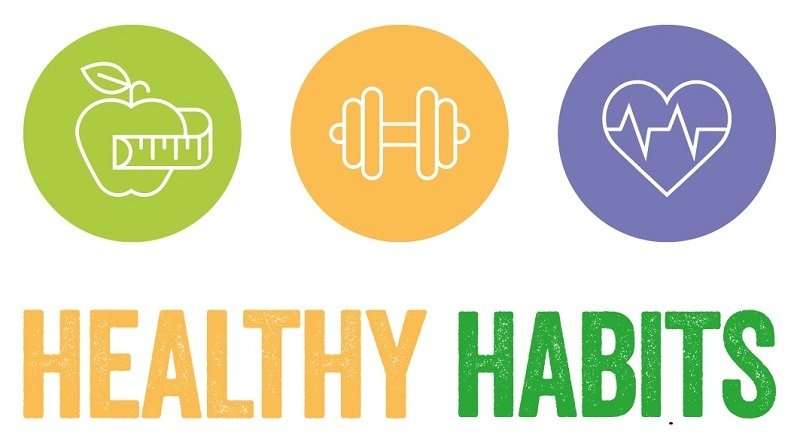Healthy habits form the cornerstone of a fulfilling and successful life. For youth, this formative period offers an invaluable opportunity to adopt practices that promote physical, mental, and emotional well-being. In a world filled with distractions and challenges, cultivating healthy habits equips young individuals with the tools they need to navigate life’s demands and reach their full potential. By focusing on these habits early on, we set the foundation for a brighter and healthier future.
The Importance of Healthy Habits in Youth
The habits formed during youth have a profound and lasting impact. Whether it’s maintaining a balanced diet, exercising regularly, or prioritizing mental health, these routines shape the way young people interact with the world. Healthy habits not only enhance physical well-being but also boost self-confidence, improve focus, and increase resilience against stress. Teaching youth the value of healthy choices prepares them to face challenges with strength and optimism.
Building Physical Health Through Lifestyle Choices
Physical health is the bedrock of a healthy life. Encouraging youth to engage in regular physical activity, such as sports, yoga, or even daily walks, helps strengthen their bodies and minds. A balanced diet rich in nutrients supports growth, energy levels, and immune function. Additionally, teaching young people the importance of adequate hydration and consistent sleep patterns can greatly enhance their overall health and productivity.


Mental Health and Emotional Resilience
Healthy habits extend beyond the physical; mental health plays an equally vital role. Incorporating mindfulness practices like meditation, journaling, or deep breathing exercises can help youth manage stress and anxiety. Fostering open communication within families and communities ensures that young individuals feel supported and heard. By normalizing conversations about mental health, we empower youth to seek help when needed and prioritize emotional well-being.
Time Management and Productivity
Effective time management is a habit that greatly benefits youth in both academics and personal life. Teaching young people to set priorities, avoid procrastination, and maintain a balance between work and leisure fosters a sense of responsibility and achievement. Developing these skills early on prepares them to handle the demands of adulthood with ease and efficiency.
Building Positive Relationships
Healthy habits also include nurturing positive relationships. Encouraging youth to surround themselves with supportive and uplifting individuals helps foster a sense of belonging and self-worth. Acts of kindness, empathy, and open communication strengthen relationships and contribute to emotional health. Teaching conflict resolution and teamwork skills further enhances their ability to form meaningful connections.
Staying Connected to Nature
Spending time in nature is an often-overlooked healthy habit that offers numerous benefits. From reducing stress levels to improving focus, the outdoors has a restorative effect on both the mind and body. Encouraging youth to explore parks, go hiking, or simply enjoy fresh air can instill a lifelong appreciation for the environment and its healing power.


Fostering Lifelong Healthy Habits
Adopting healthy habits during youth sets the stage for a lifetime of wellness. Parents, educators, and mentors play a crucial role in modeling these behaviors and inspiring young people to prioritize their health. By creating an environment that values well-being, we empower youth to take ownership of their health and strive for a balanced, fulfilling life.
Conclusion
Healthy habits are the building blocks of a strong and resilient youth. From physical activity to mental well-being, fostering these habits early on ensures a foundation of health, confidence, and purpose. As young individuals embrace these positive practices, they are better equipped to lead happy and productive lives, contributing to a brighter future for themselves and their communities.


